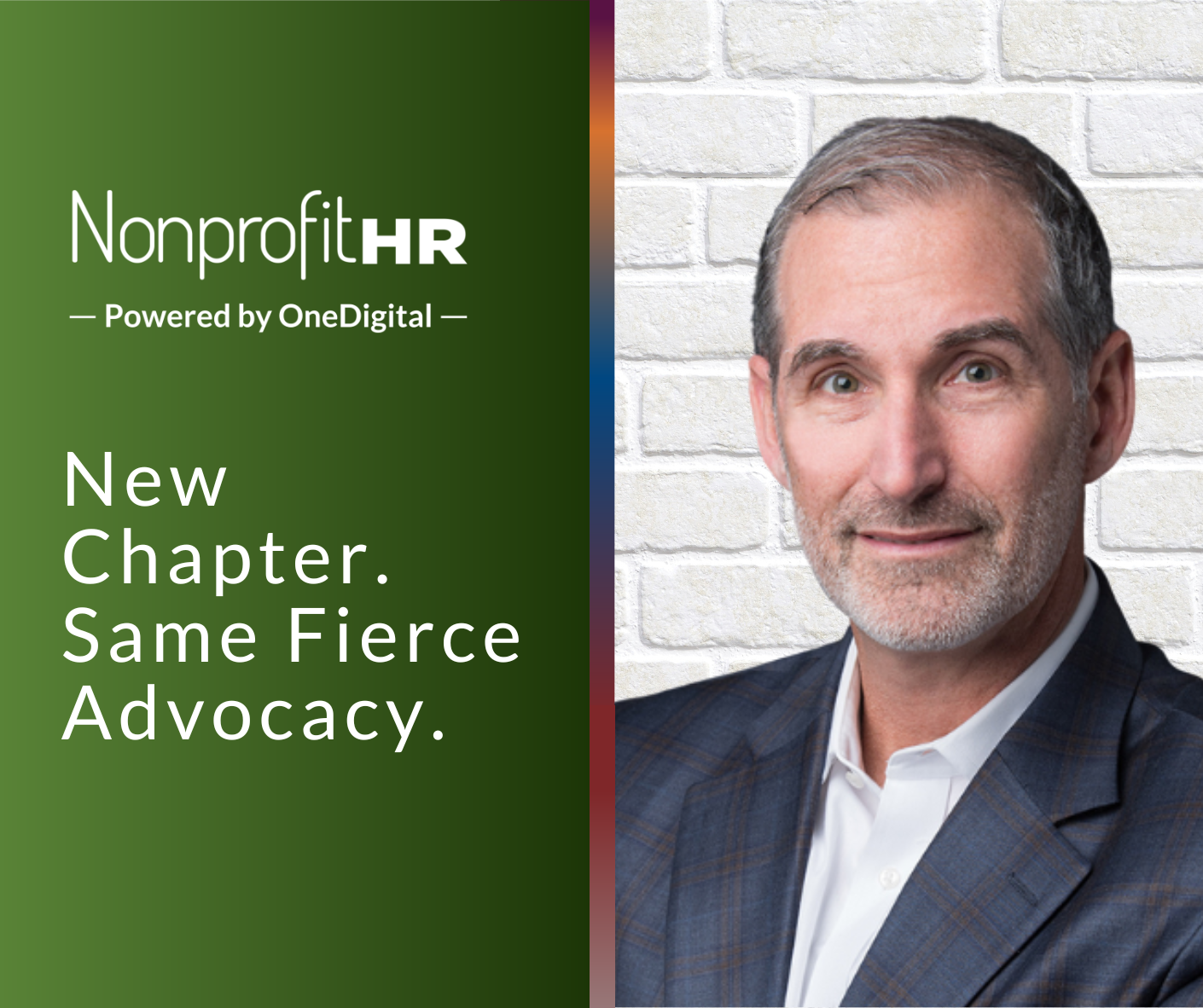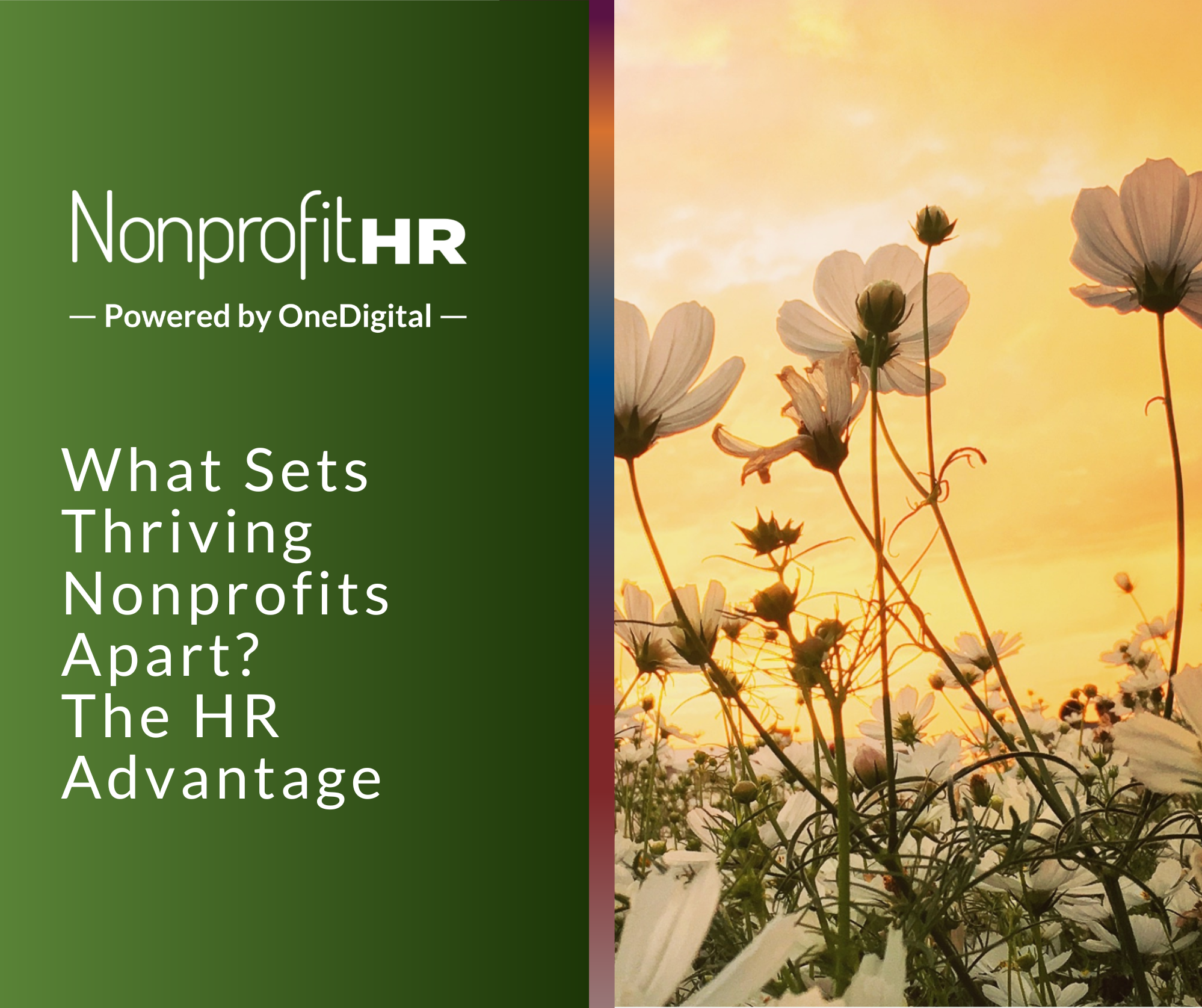WTOP: 5 ways nonprofits can…
Is your organization considering creating a more flexible work policy?
A recent UK study found that UK organizations can potentially save around £34bn by working more flexibly. Real savings while increasing efficiency and moral, but only if it is done correctly. If it is not done correctly, it will cause headaches and few efficiencies.
Here are five simple steps to help implement new flexible ways of working into your organization:
1. Step back: It’s important to understand the dynamics of your workplace. Speak to your employees or do some simple surveys, and you will get a good idea of how your organization is functioning.
2. Work together: Agree on goals for workplace productivity, use of space, communications and general employee satisfaction.
3. Know your employees: Get to know how your employees need to work – do they need to be in or out of the office meeting volunteers or funders? Are they fixed, fixed-mobile, mobile or home workers? This builds the business case for change by shifting the traditional fixed profile of a worker to a much more flexible and mobilised workforce.
4. Plan for change: Use research, insights and other organizations’ success stories to transform your workplace. This involves answering a number of questions: do we need office space, everyday, for every employee? Could we move to smaller office space and work even more effectively? Do we have the technology to enable employees to work flexibly? Once you’ve answered these, create a plan to outline changes in office space design, technology use, employee behaviours and process simplification.
5. Make the transition: The transition to flexible working will be gradual and success will only be achieved if the changes involve employees at every level – if it’s appropriate for them to work this way – and management supports employees. It is important they are kept engaged and supported throughout the process.





























